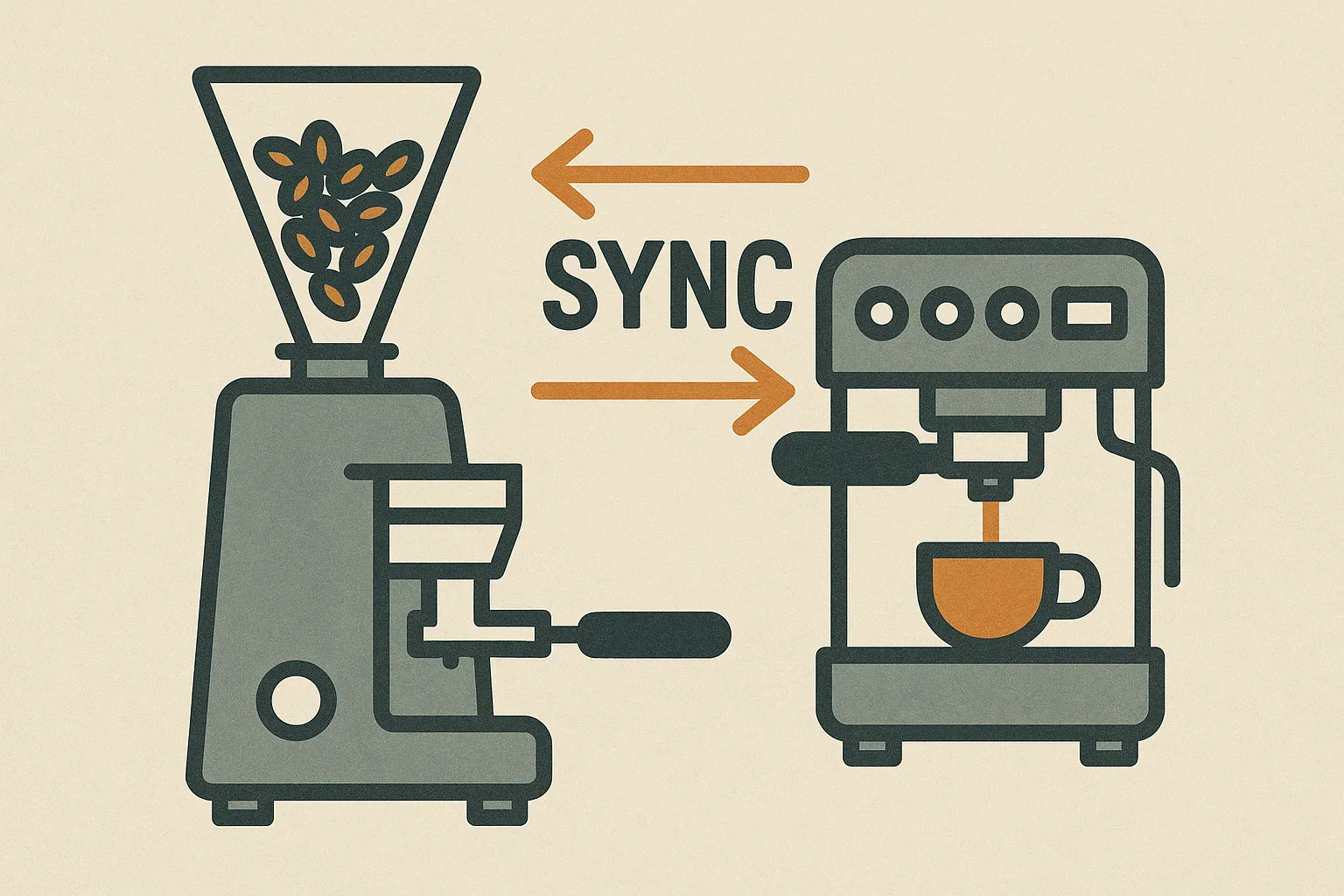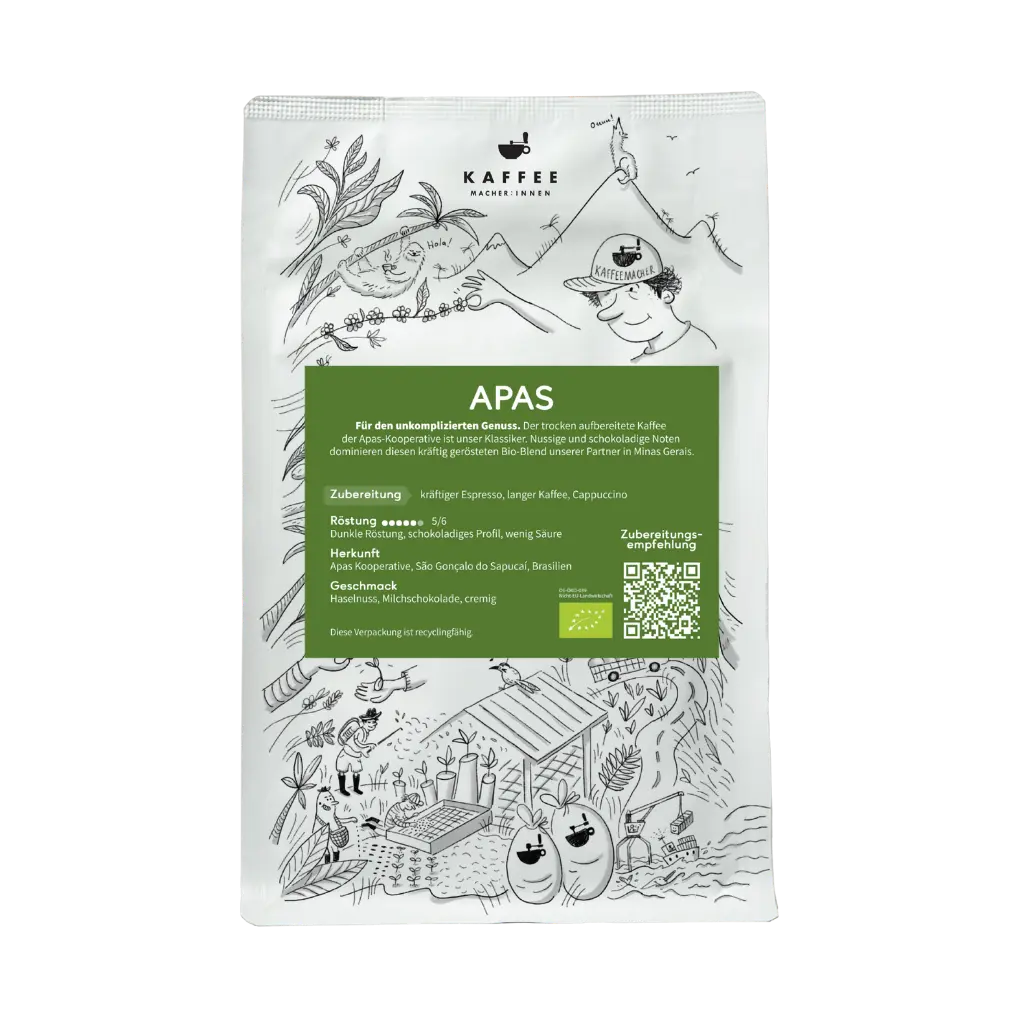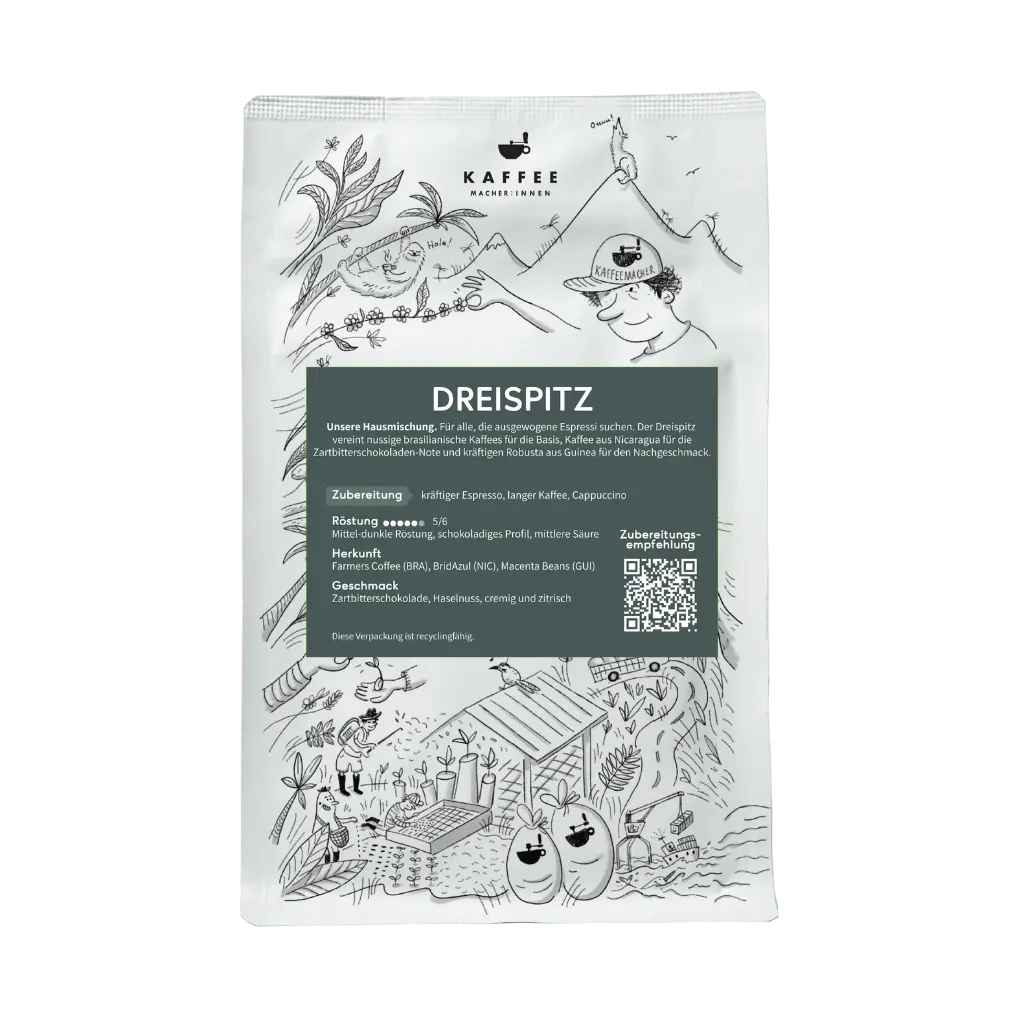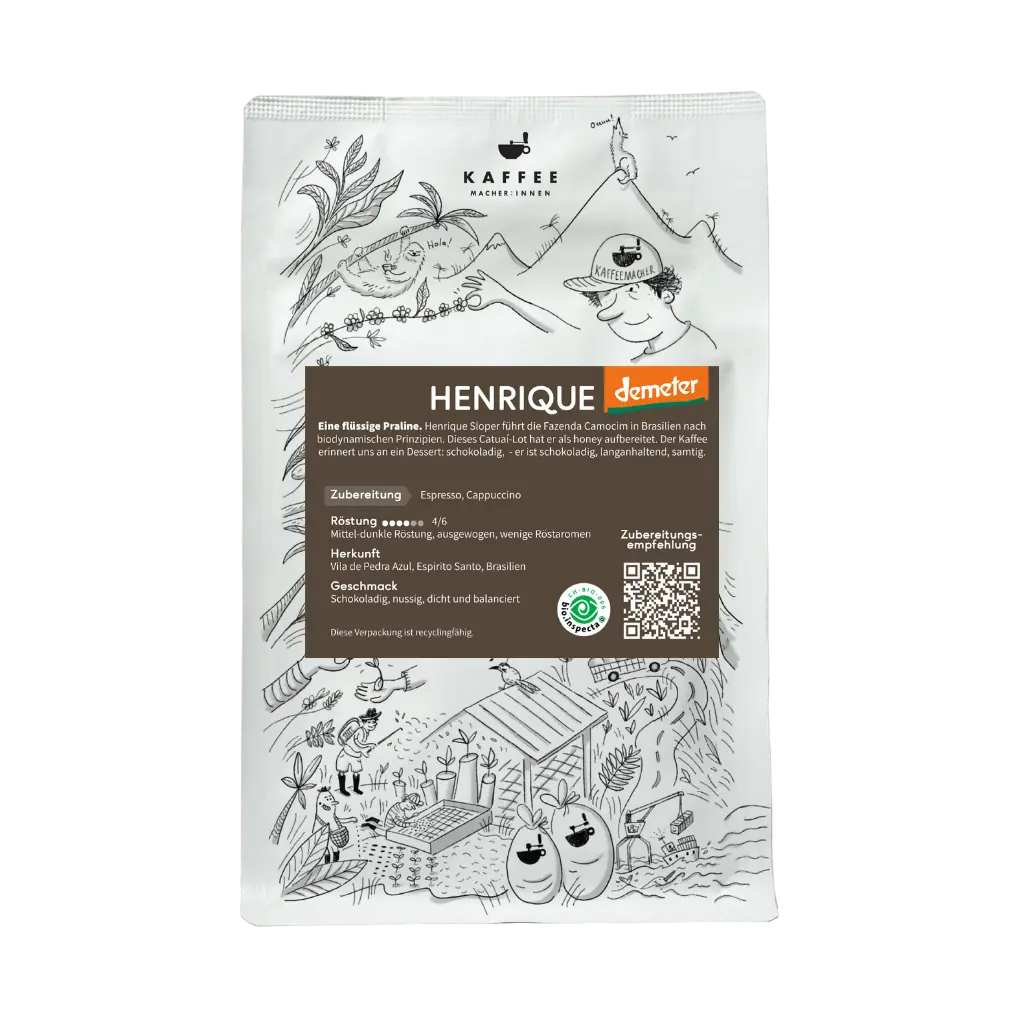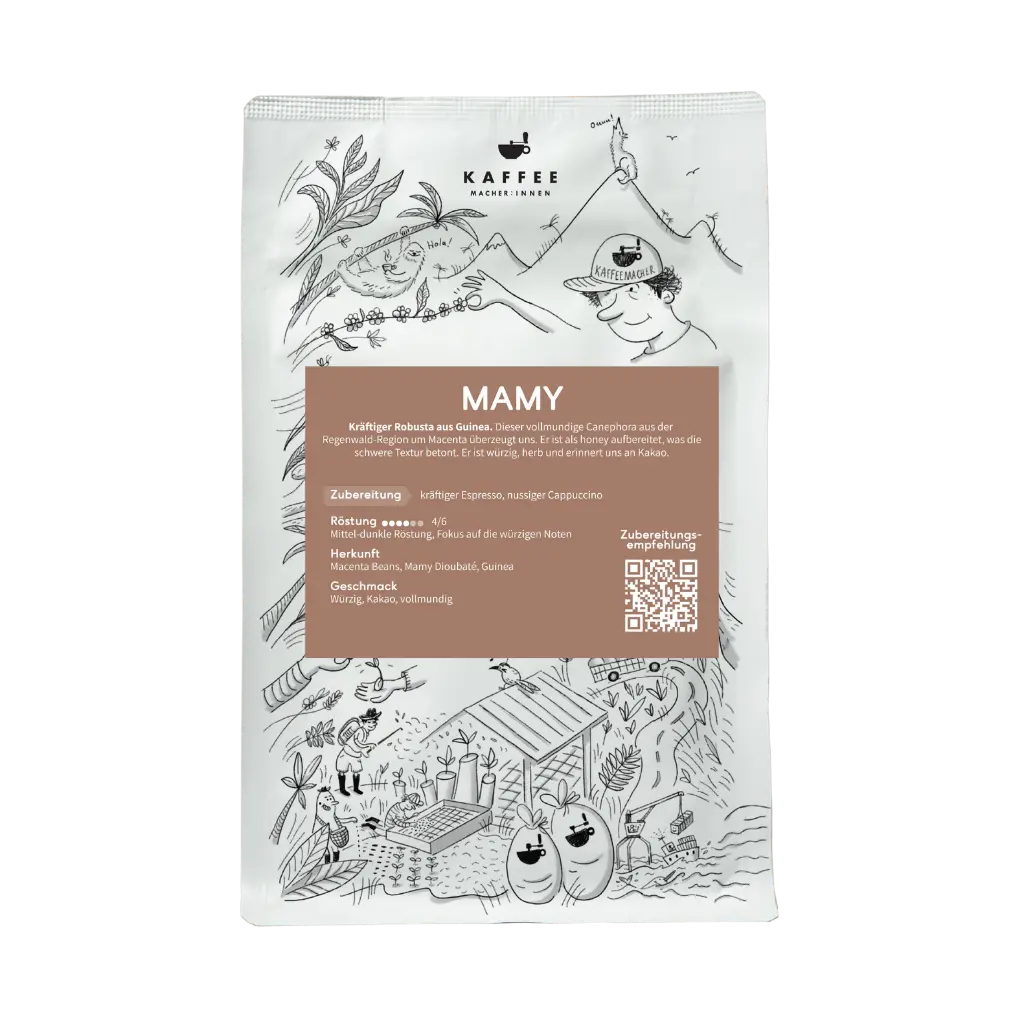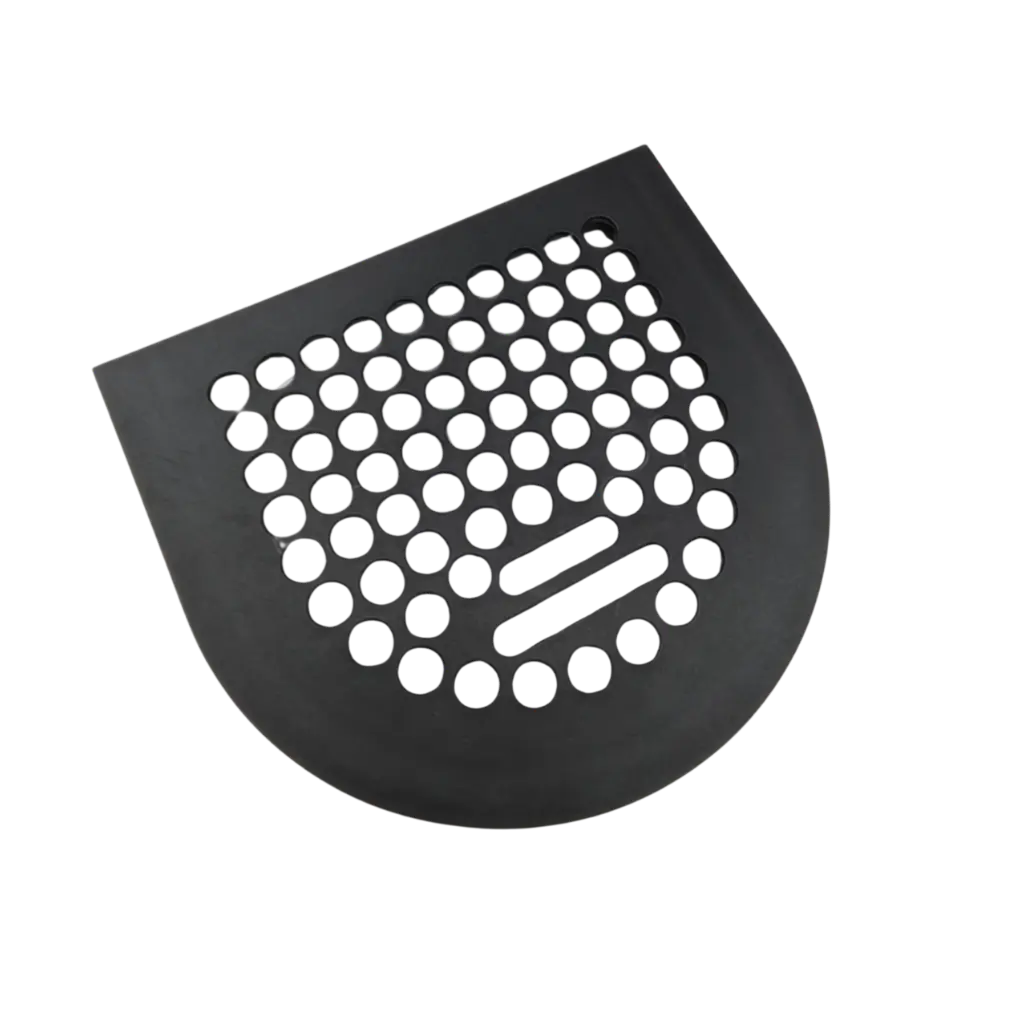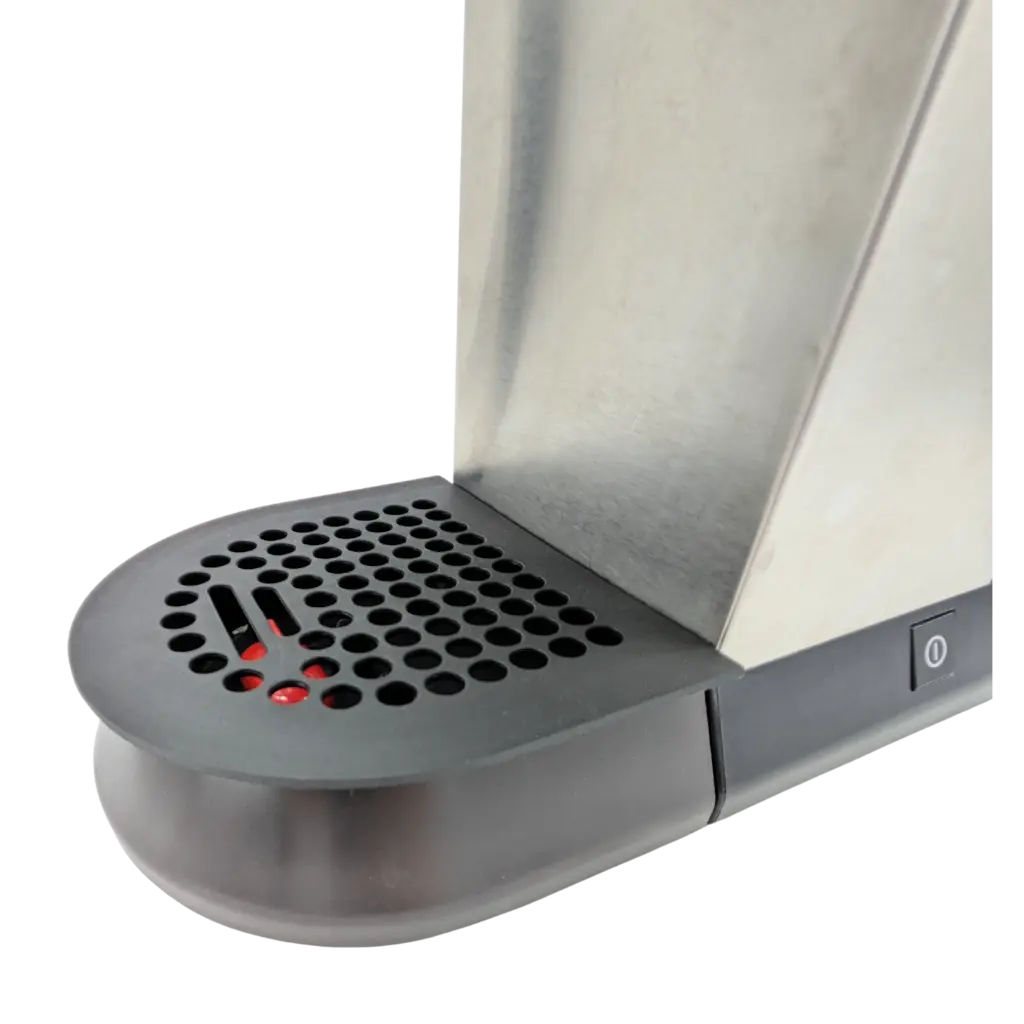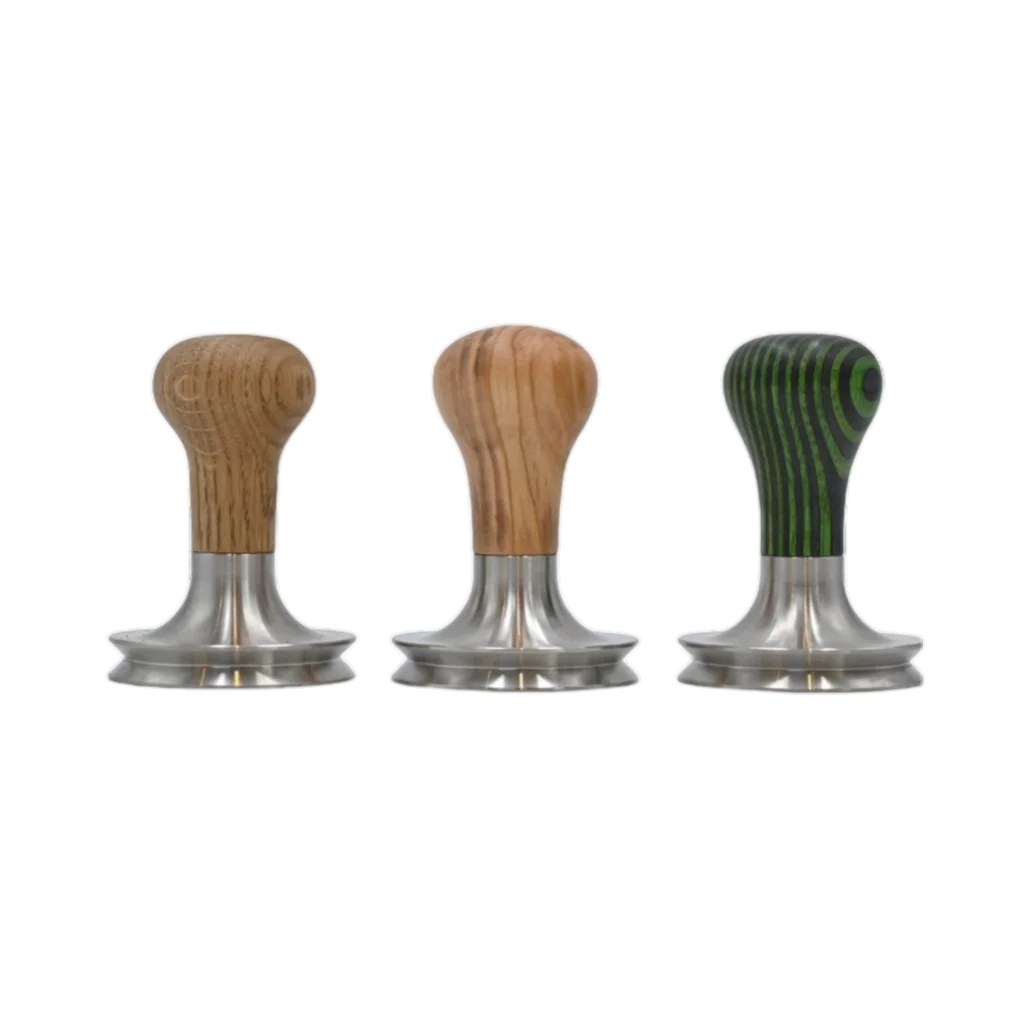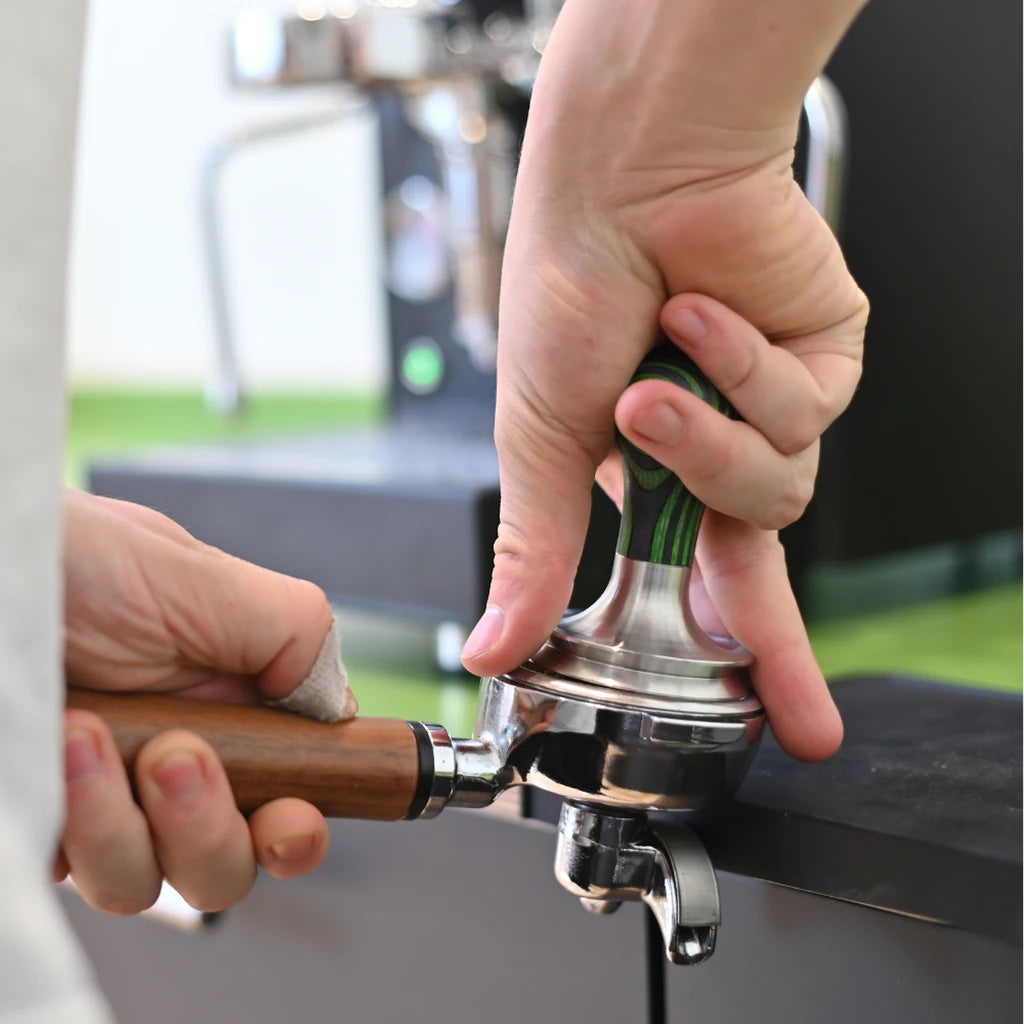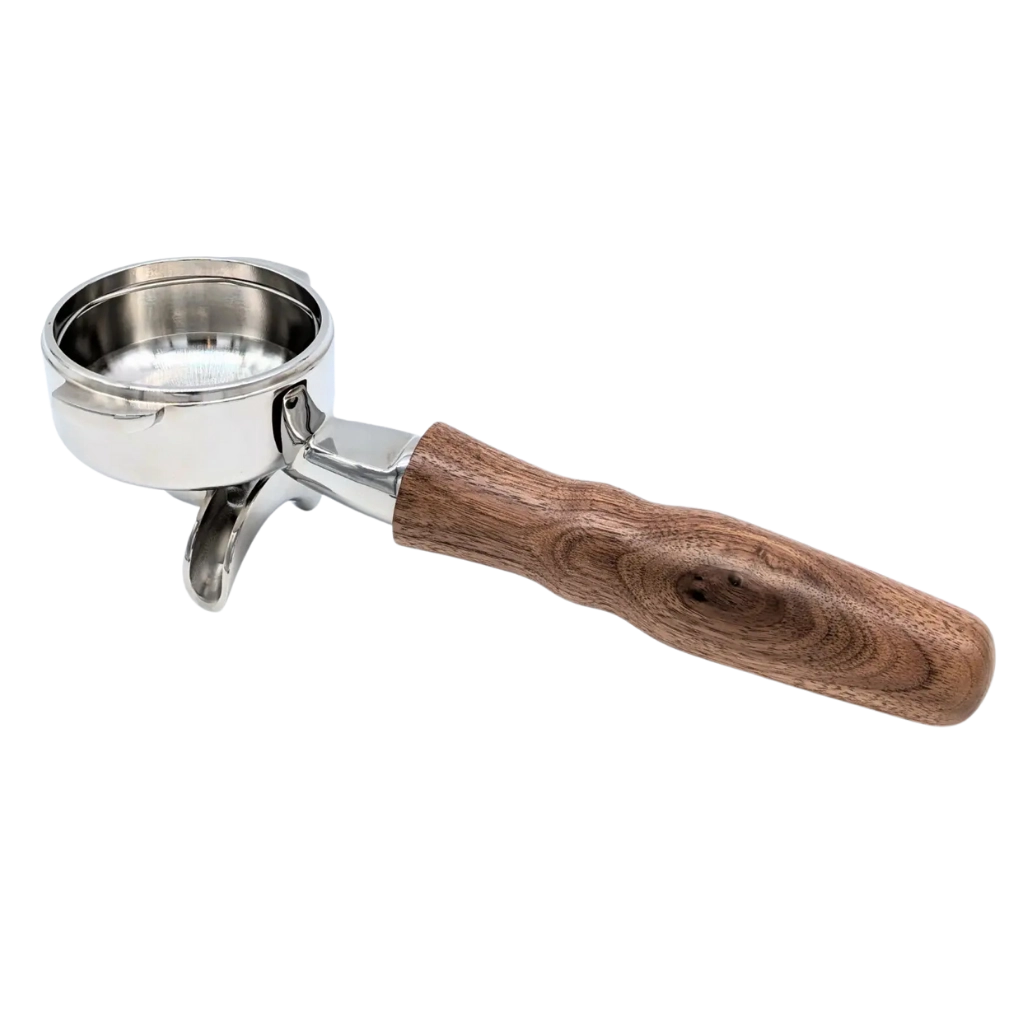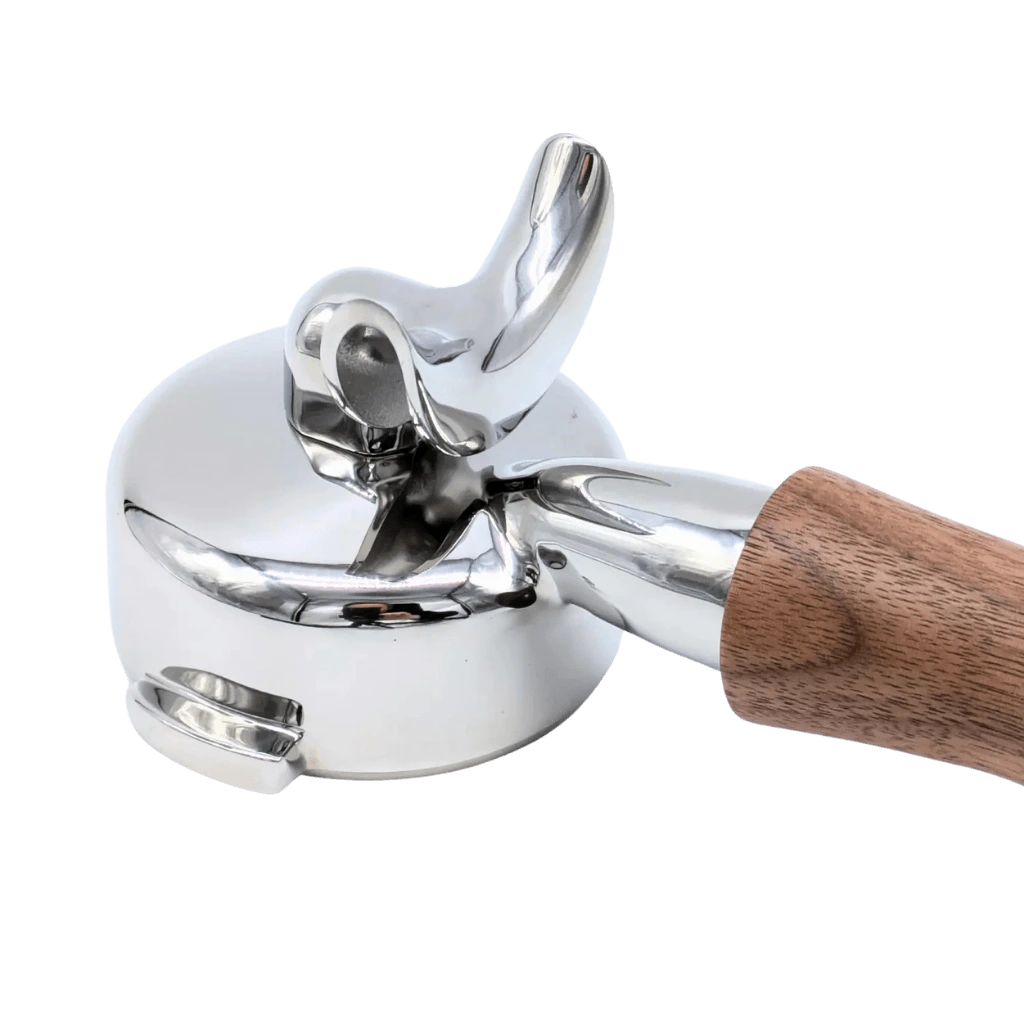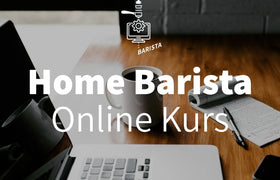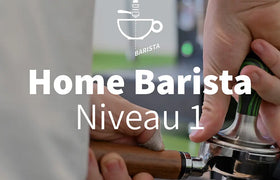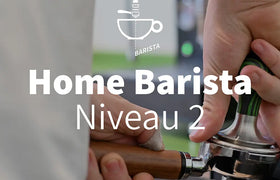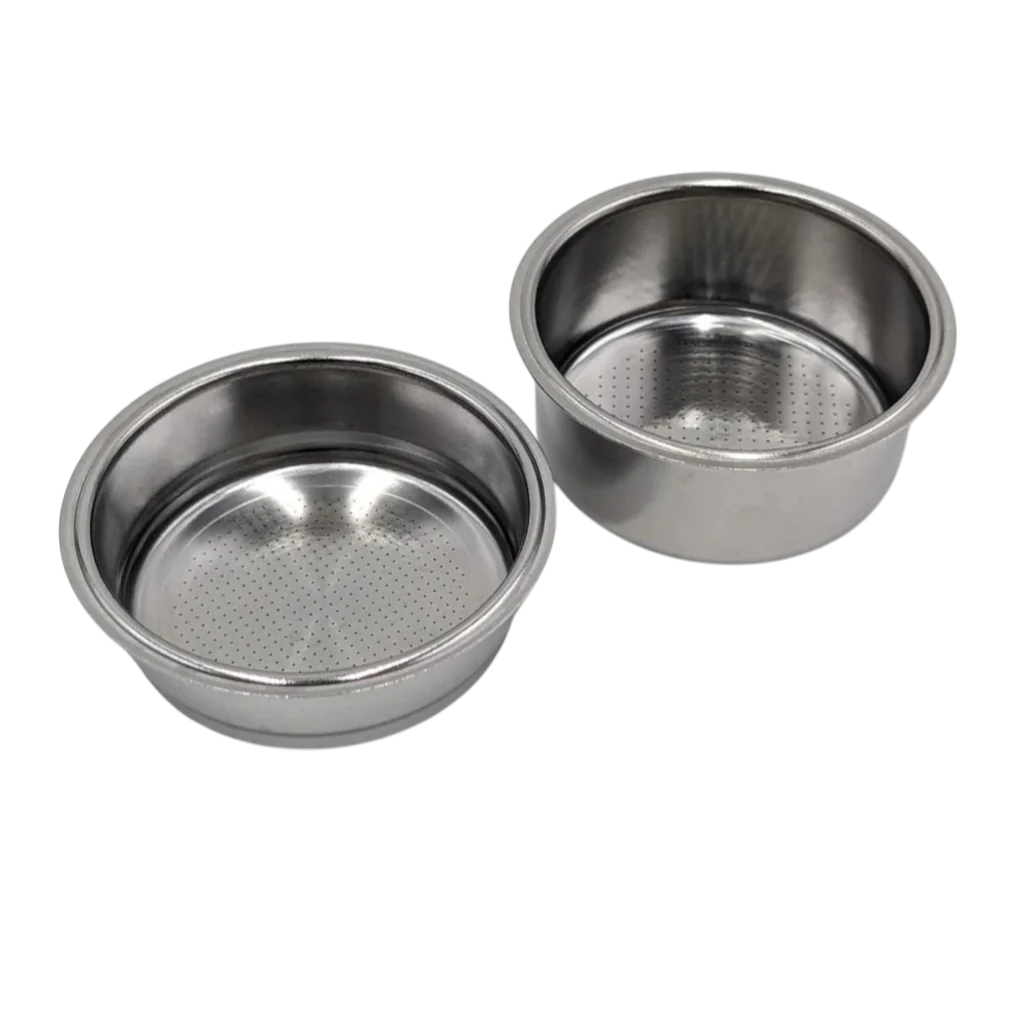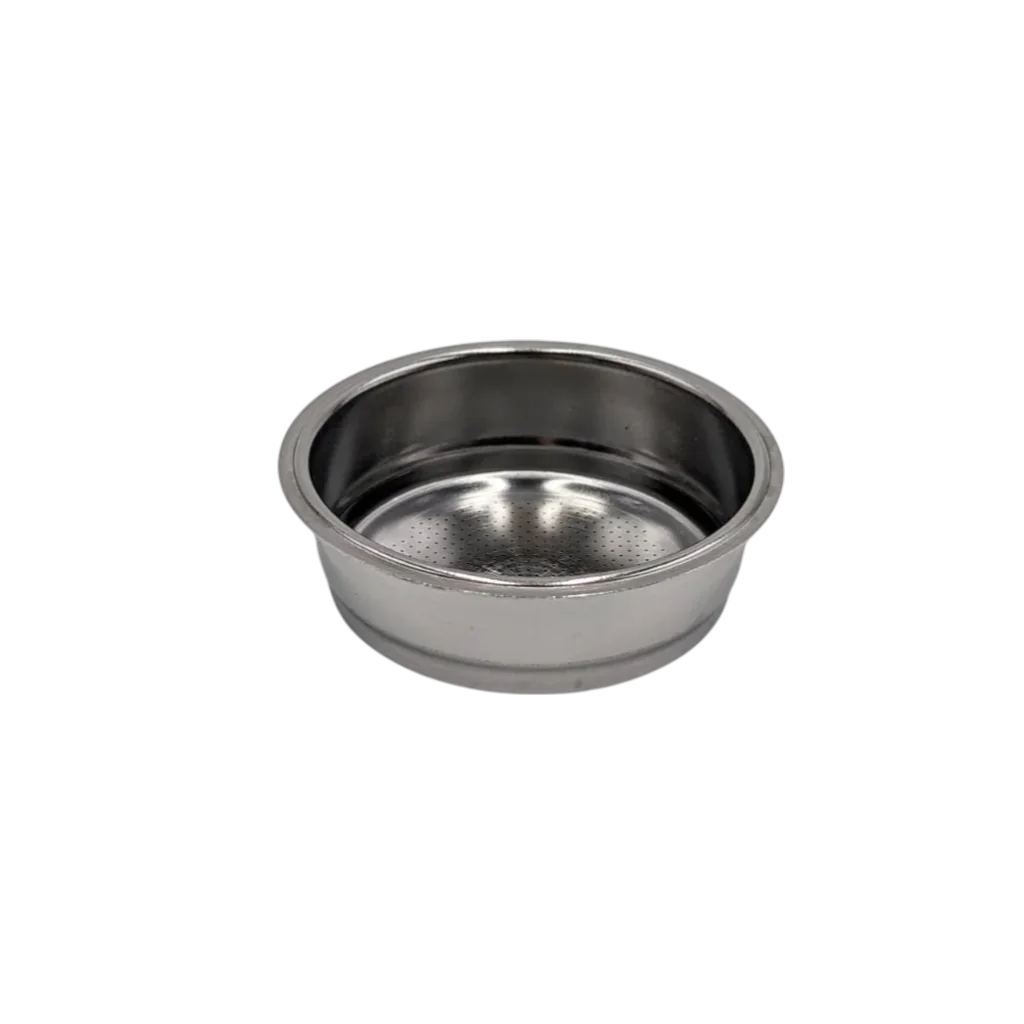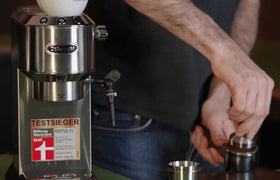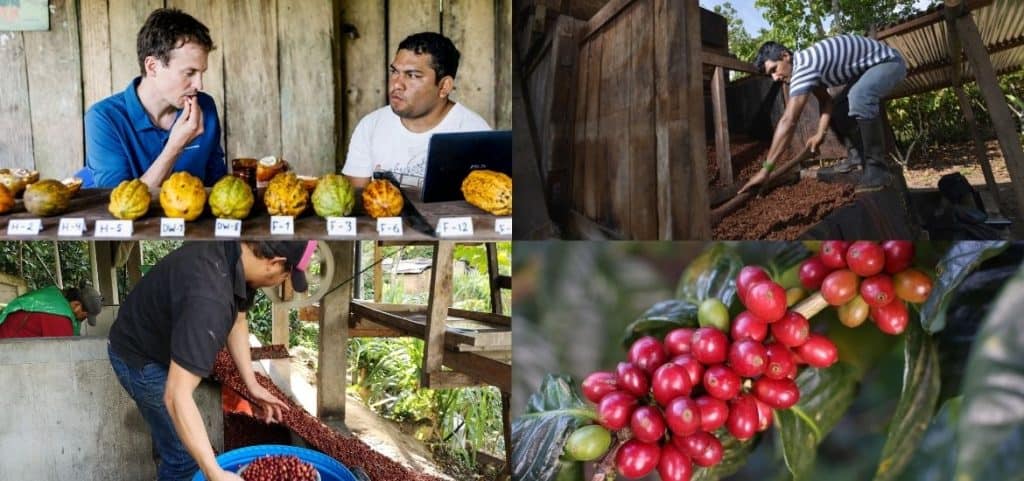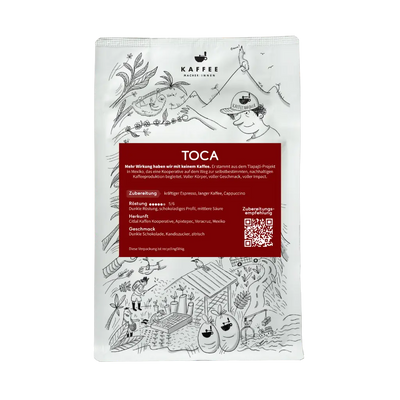For many, chocolate and coffee simply belong together – as a product of enjoyment. But the similarities and challenges of the two products begin with cultivation. The transition to a better chocolate future for producers requires a different approach – Choba Choba presents a revolutionary alternative.
A "Schöggeli" (a chocolate bar) is often served with coffee because, for many, the two simply go so well together. Coffee itself is often described as chocolatey, and the two products also look great together. It's as if chocolate and coffee are siblings.
There are also many similarities on the production side – the cocoa trees also grow in the subtropics, like sun but not as much heat, prefer shade, and are divided into four original varieties.
"The distinction between Criollo and Trinitario is too simple," says Christoph Inauen, explaining that they have established a variety garden in Peru to cultivate rare, old, forgotten, and rediscovered varieties. This is Inauen's company, Choba Choba, which has its legal headquarters in Switzerland, operates as a company in Peru, and the Peruvian producers themselves are shareholders.
The variety garden mentioned reminds me strongly of our “1000 Variedades” project in Nicaragua – an experimental plot just above our Finca Santa Rita, where we want to plant a wide variety of varieties and observe their behavior.
 Christoph Inauen, co-founder of Choba Choba. Image: ZVG Choba Choba
Christoph Inauen, co-founder of Choba Choba. Image: ZVG Choba Choba
The Choba Choba model
Christoph Inauen is an expert in the cocoa and chocolate world. At the age of 26, he established sustainable supply chains for one of Switzerland's largest chocolate companies, which continue to this day.
Shortly thereafter, he joined the management team—an impressive feat for a company to have made sustainability a core concern as early as 2007. "Yes," says Inauen, "he doesn't know many other companies that started doing this so early."
Inauen traveled extensively to the cocoa regions and established new partnerships. When, after several years, a producer he had become a friend of, he approached him and told him that despite the new situation, the seals, and all the marketing for the producers, not much had changed, Inauen was astonished.
"Of course, this was a shock at first, but later it motivated me to take a new approach." So, Inauen founded Choba Choba with his business partner Eric Garnier and launched the "Chocolate Revolution."
Choba Choba is a public limited company, with 30% of the shares owned by the producers themselves. They thus participate directly in the company's profits. Choba Choba produces its own cocoa, which is then further processed by Felchlin in Switzerland.
For Inauen, it is particularly impressive to see how the self-image of many producers has changed.
In the past, a producer would say: "Hello, my name is Oswaldo, I'm a cocoa producer." Today, he says: "Hello, my name is Oswaldo, I'm involved in international cocoa trading."
Christoph Inauen, Choba Choba
Choba Choba pays producers 2.5 to 3 times more for cocoa than they would if they were selling their products on the global market. This also means that the chocolate is sold at a higher price in Switzerland – from CHF 8.50, prices have dropped to just under CHF 5 thanks to efficiency improvements.
It was always clear to us that a chocolate bar couldn't cost 1 or 2 francs. That simply doesn't make sense.
Christoph Inauen, Choba Choba
Chocolate quality as a door opener
Choba Choba's message is actually easy to understand. But because it breaks with everything that defines the chocolate industry, it seems almost exotic. Bringing the story to the shelves would be complex, because the product's primary purpose is to thrive on quality.
Excellent raw materials, no additives, and precise processing make Choba Choba a premium chocolate. Quality is the focus on the shelf – the message of a new approach to the cocoa business is to be communicated through other channels.
High price as a stumbling block
Initially, a 90g chocolate bar sold for CHF 8.50. The price was a shock. Could chocolate be that good? The story had to be recognized first. And criticism of Choba Choba grew louder, claiming that while they wanted to reach poor producers, the final product was only available to the rich.
By increasing efficiency, Choba Choba was able to lower its price and now sells its chocolate at Coop for just under CHF 5—which is still a lot for a supermarket. Choba Choba stands out simply because of its higher price.
Do small businesses really need to become big?
In the podcast with Christoph Inauen, I also talk about whether small businesses always need to scale—that is, whether they need to be designed to keep growing.
Most investors see this as a basic requirement. However, and this is where Choba Choba and we coffee makers share the same vision: ideas must be scalable. There needs to be imitators, those who copy the model or even improve it.
Inauen says in the podcast that Choba Choba never wants to reach 100,000 producers, but rather wants to involve the community.
We don't need to ensure that a few investors earn more. The investors should be the community. That means producers and consumers.
Christoph Inauen, Choba Choba
Are chocolate and coffee similar?
Yes, definitely. And not just as a luxury product, but also beyond it. The supply chain is similar, as is the situation of producers, the consolidated market, and the challenges of the future – climate change, the aging of producers, and soil quality.
Exchanges beyond one's own horizons are always worthwhile and helpful for everyone. In this podcast, I almost always had the feeling that Christof was talking about coffee—some of the stories are so congruent. As coffee makers, we learn a lot from this—and we want to learn more. Let's see if we'll even produce cocoa someday.


